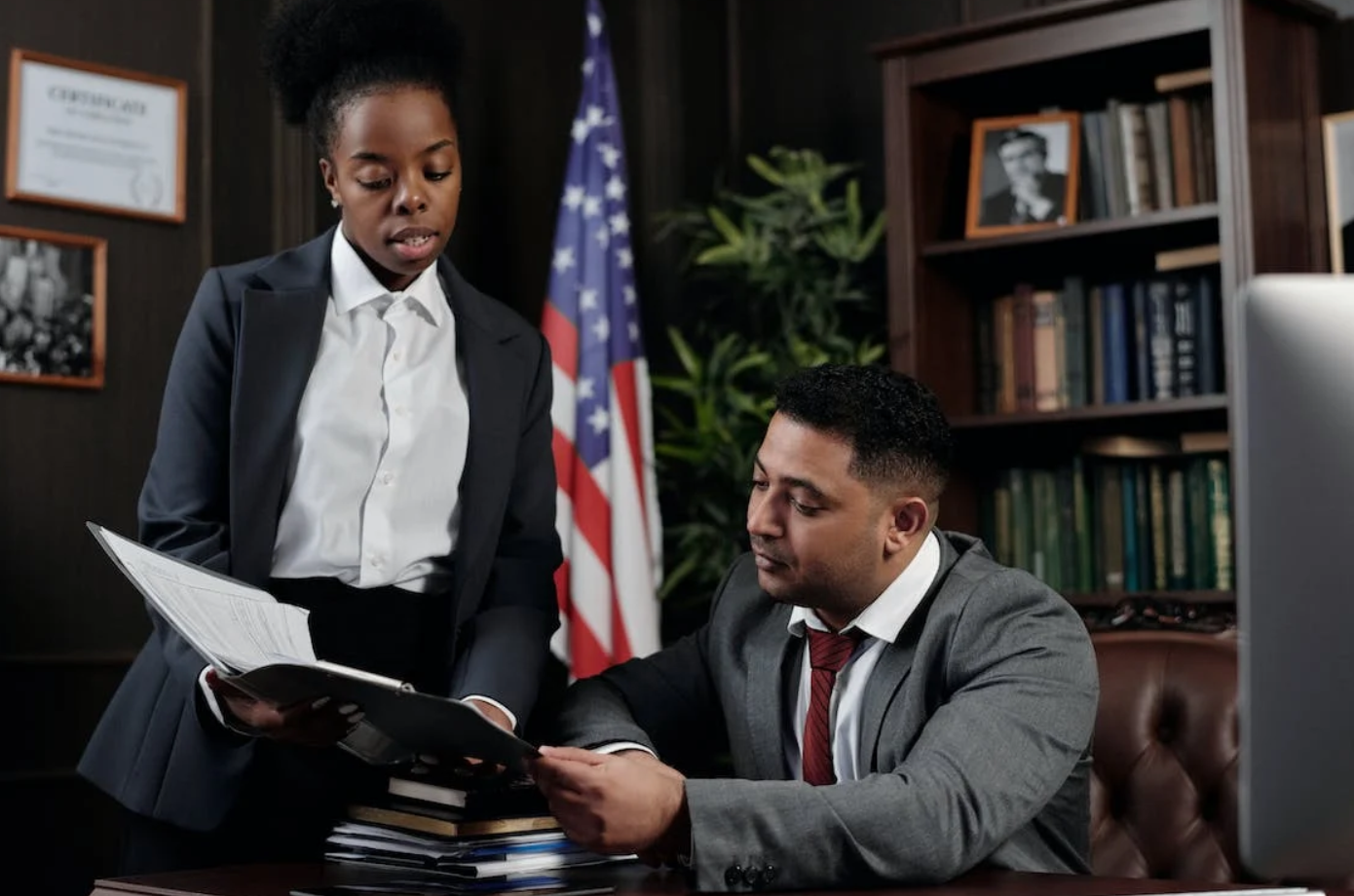Although companies resolve most commercial litigation cases without trial, it is still essential for them to prepare for every possibility.
Commercial litigation cases can involve a wide variety of different issues. Understanding what will be covered is essential to have a successful case. This article explains issues covered in a commercial litigation case.
Breach of Contract
A breach of contract occurs when one party does not fulfill its obligations. The other party may then sue for damages. In this case, the issue would be whether or not the other party breached the contract and what damages they incurred.
Intellectual Property Disputes
An intellectual dispute can arise when one party tries to utilize another person’s intellectual property without permission. This can include trademarks, copyrights, and patents. Intellectual property disputes can be complex, so it is essential to understand the issue before proceeding with a case.
Fraud
Fraud occurs when one party intentionally misrepresents facts to another party. The issue here would be whether or not fraud occurred and the damages caused. A commercial litigation case involving fraud is often difficult to prove.
Tortious Interference
Tortious interference is when a person or entity disrupts another person’s contractual obligations. Examples of this are interfering with a business relationship or attempting to prevent someone from signing a contract.
A commercial litigation lawyer can help you understand the issues and explain how to gather evidence and build a strong case. If you are considering a commercial litigation case, contact a lawyer today.
Unfair Competition
When a business employs unfair or deceptive tactics to establish an edge over another, it is engaged in an unlawful competition. This might include false advertising, pricing disputes, and trademark infringement.
Approximately 60% of commercial litigation cases are resolved without going to trial. However, if your case goes to trial, an attorney can help you navigate the process and represent you in court.
Trade Secret Misappropriation

A trade secret is any information a company keeps confidential to give them an advantage over its competitors. Customer lists, recipes, and production procedures are a few examples. If a third party leaks this information, it can cause serious harm to the company. If you decide to take legal action, you must prove that a trade secret theft occurred and the losses this caused.
Antitrust Law
The government designed the antitrust law to protect competition and keep consumer prices fair. It prohibits certain practices, such as price-fixing and monopolies. Anti-laws violation can be a civil or criminal offense, and it is a problem that two parties can solve in this kind of litigation.
Consumer Protection
Consumer protection laws keep businesses from engaging in unfair or dishonest practices against consumers. These laws apply to various industries, including advertising, banking, and manufacturing. The company must resolve consumer laws and the damages incurred from this case.
False Advertising
When companies claim their products are something they’re not, that’s called false advertising. They can do this through print, television, or online advertising. The company may be ordered to stop the ads and pay damages if false advertising occurred.
Deceptive Business Practices
There are many ways that businesses can deceive their customers through bait and switch tactics, false claims about a product, or misrepresenting the terms of service. If you have been the victim of deceptive business practices, you may be able to receive damages.
Contract Disputes
When two businesses dispute the terms of a contract, it is called a contract dispute. This could be over the price, delivery date, or quality of goods. Negotiating with the other party is the first step in resolving a contract dispute. If that does not work, then you can file a lawsuit.
Get Legal Help
Issues from commercial litigation cases can be very complicated. If you think you have a case, it is essential to speak with an experienced lawyer who can help you understand your options and build a strong case. Although companies resolve most commercial litigation cases without trial, it is still essential for them to prepare for every possibility.


Join the conversation!